Member of the Month: Philip Alberti
Muntasir Masum, Tia Palermo, Selena OrtizPhilip Alberti is the Senior Director of Health Equity Research & Policy at the Association of American Medical Colleges (AAMC), Washington, DC. You can follow him on Twitter
Please share how your work relates to the issues and concerns that are emerging as a result of the COVID-19 pandemic.
I’ve dedicated my professional life to helping build the evidence base of what works to eliminate injustice and inequities in health. The pandemic has forced those issues into the spotlight in a sustained way that I can’t recall happening in my 20+ years as a health equity scientist. It’s been overwhelming and exciting to see politicians, journalists, the media, (my mom!) finally “get it” to some degree. It’s also been incredibly frustrating when those same folks don’t get it at all – I have a new aversion to the phrase “underlying comorbidities”, for example – or act surprised by morbidity and mortality inequities. None of this is surprising.
Much of my work also focuses on building bridges between health care and public health in service of mitigating inequities. The lack of coordination between those two (and other) sectors has also been in high relief these past months.
We’d like to hear your thoughts and understandings about how COVID-19 stands to disproportionately impact vulnerable communities, such as the homeless, undocumented, and low-income populations.
This is the most predictable result of the COVID-19 crisis and our country’s response to it. Any and all illness, chronic or infectious, is going to disproportionately impact communities that have been, by design, denied access to resources necessary to endure and thrive. Money, voice, information, trust, power, paid sick leave; Whatever the resource, we as a nation have decided to horde it among the privileged few.
We are seeing the results of willful ignorance and of outdated, fantastical strategies. A “rising tide” might lift all boats but it doesn’t address the gaps. And while Americans love “personal responsibility” our policies simply don’t allow all communities and individuals to exercise that responsibility. It’s a frame of blame.
A health equity strategy must be explicit, intentional, and unafraid. I am hopeful – as all health equity scholars need to be from a self-care perspective – that we can use this moment, this crisis, this election, to dig deeper and make bold, pro-justice reforms.
Current population health efforts are focused on containing the spread of the virus. Going forward, what population health investments and policies are necessary to best prepare for and prevent future public health catastrophes?
Our leaders, health care organizations, public health departments, etc. should invest heavily and meaningfully in community engagement efforts to build trust, build relationships, and build bi-directional communication channels.
Our academic and government institutions have not been particularly trustworthy over our country’s lifetime. Even now, some of those institutions seem to be purposefully disseminating misinformation about the virus. It will take time and talk and bread-breaking to arrive at a place where an entire community can activate, in partnership with local, state, and federal organizations and agencies, in the face of another crisis or pandemic. Community engagement is a necessary long-term investment.
Tell us about your professional journey and how you ended up studying epidemiology?
My two great passions have always been (1) “fairness” (even when I was a toddler if a cartoon character was treated unfairly I had to leave the room my physical reaction was so strong!) and (2) theater.
After college I attended a conservatory in London and then went back to NYC as a working actor for some years. Lots of comedy improv and off-Broadway. Sometimes WAY off.
When I decided to follow the “fairness” passion, I reached out to a college mentor (I was a Psychology major) with whom I had done some work in the juvenile justice space. I was particularly interested in why there were such large racial/ethnic inequities in mental health among incarcerated youth. She and I talked for some months about how I could explore those issues more in graduate school.
At the time, Columbia’s Sociomedical Sciences department (I had attended Columbia for undergrad and was determined to stay in NYC) had interdisciplinary programs between public health and various other disciplines – sociology, anthropology, political science, etc. She and I correctly thought we could convince them to launch a public health – social psych program.
First semester, first year I took Epi 101 (Sandro Galea was a lecturer!) and immediately fell in love with the field and the detective-work. Then I was very fortunate to land a NIMH Fellowship in Psychiatric Epidemiology: bridging public health and social psych was more challenging than I thought, particularly from a methodological and coursework perspective, so the Fellowship created the structure I needed. I was also fortunate to be trained and mentored largely by social epidemiologists who were able to tap directly into my “fairness” passion.
I can vividly remember my reaction as a first-generation high school student when roughly halfway through my coursework I learned – for the first time! – about (1) post docs and (2) grant money living. I was having none of it. That directly informed my decision to pursue a career in on-the-ground public health as opposed to staying in academia. I was older than my peers by a few years and put pressure on myself to *do something* (and I wanted to earn some predictable money, honestly.)
I joined the Bloomberg/Frieden/Bassett NYC Department of Health (fortunate again!) right after I defended my dissertation. Drs. Frieden and Bassett had just created a Bureau of District Public Health Offices focused on promoting health equity in the city. I started working in the South Bronx and 6 years later I was coordinating community-based health equity research and program/policy evaluation across NYC. I loved my job.
And then I moved to DC for love – and for the incredible job I have now leading health equity research and policy work for the Association of American Medical Colleges (AAMC). Our team’s goals are to (1) make the case for policies and practices that explicitly incentivize health equity, (2) ensure our member medical schools and teaching hospitals are using the full set of scientific resources to discover, develop, implement and evaluate solutions to health and health care inequities, and (3) help build the next generation of health equity scientists and scholars.
I feel very, very fortunate to have found a true passion and to have been gainfully employed in service of that passion for so long.
What is the general focus of your current research?
This past year much of my research has focused on how to validly adjust for social risk factors (at both the individual and community levels) in health care quality incentive and penalty programs. Unless we can adjust for social risk in ways that simultaneously illuminate inequities and isolate true quality differences, we run the risk of unfairly penalizing safety net providers thereby removing the very resources they need to care for clinically and socially complex patient populations. Sounds dry but it’s fascinatingly controversial and deeply hamstrung by our utter lack of standardized social risk data.
Can you summarize for us something you’ve been working on recently?
Recently, it’s been all COVID, all the time. A pair of papers will be coming out in the next month or two related to health equity preparedness and rapid response and the centrality of community engagement for both. AAMC has also been producing a Monday-Wednesday-Friday “AAMC Novel Coronavirus Newsletter” and I’ve been curating the “Coronavirus and Health Equity” section. Folks can sign up to receive it and see our other COVID-19-related resources at: https://www.aamc.org/coronavirus-covid-19-resource-hub
How is interdisciplinary work necessary for the topics you study?
No one sector “owns” health equity and justice. Unless the work is truly interdisciplinary and collaborative, it will fail.
Why did you decide to become a member of IAPHS, and how does IAPHS help you to advance the work that you do?
IAPHS is truly my professional home and ‘crossroads’. When I attended my first meeting, I ran into grad school classmates and Professors and my mentor, former colleagues from my NYC Department of Health days, and current colleagues from the medical schools and teaching hospitals AAMC represents. It felt like a “Philip through the ages” event!
And because the field is relatively new and seemingly perpetually redefined, I also wanted to be able to mentor and help the next crop of population health scientists navigate their careers. This contribution is core for me given how much of my grad school tenure and career has been “learn and build as I go”. That’s why it’s such an honor to Chair IAPHS’ Professional Development Committee.
Lastly, if there’s a lesson I’ve only recently learned it’s that when building a career and a life’s work, the network is everything. It’s not a meritocracy, it’s a “who-you-know-tocracy” and for population health scientists, IAPHS is a perfect connection point.
Favorite movie, band, non-fiction, book, etc.
I’m so indecisive!
Movie (tie): “Evil Under the Sun” vs “Clue”
Band (tie): Placebo vs Salt N Pepa
Book (tie): A Confederacy of Dunces vs The Brothers Karamazov

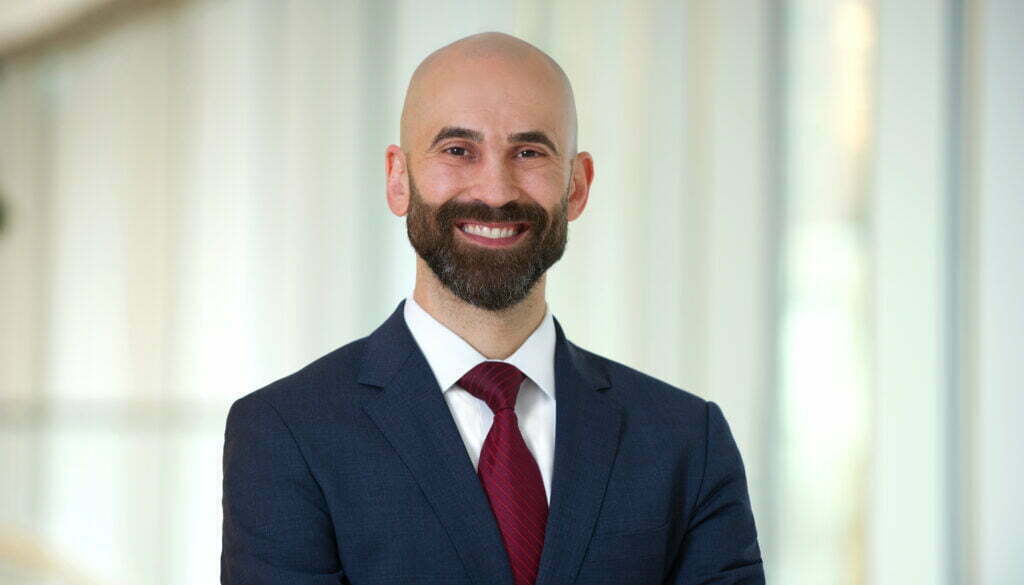
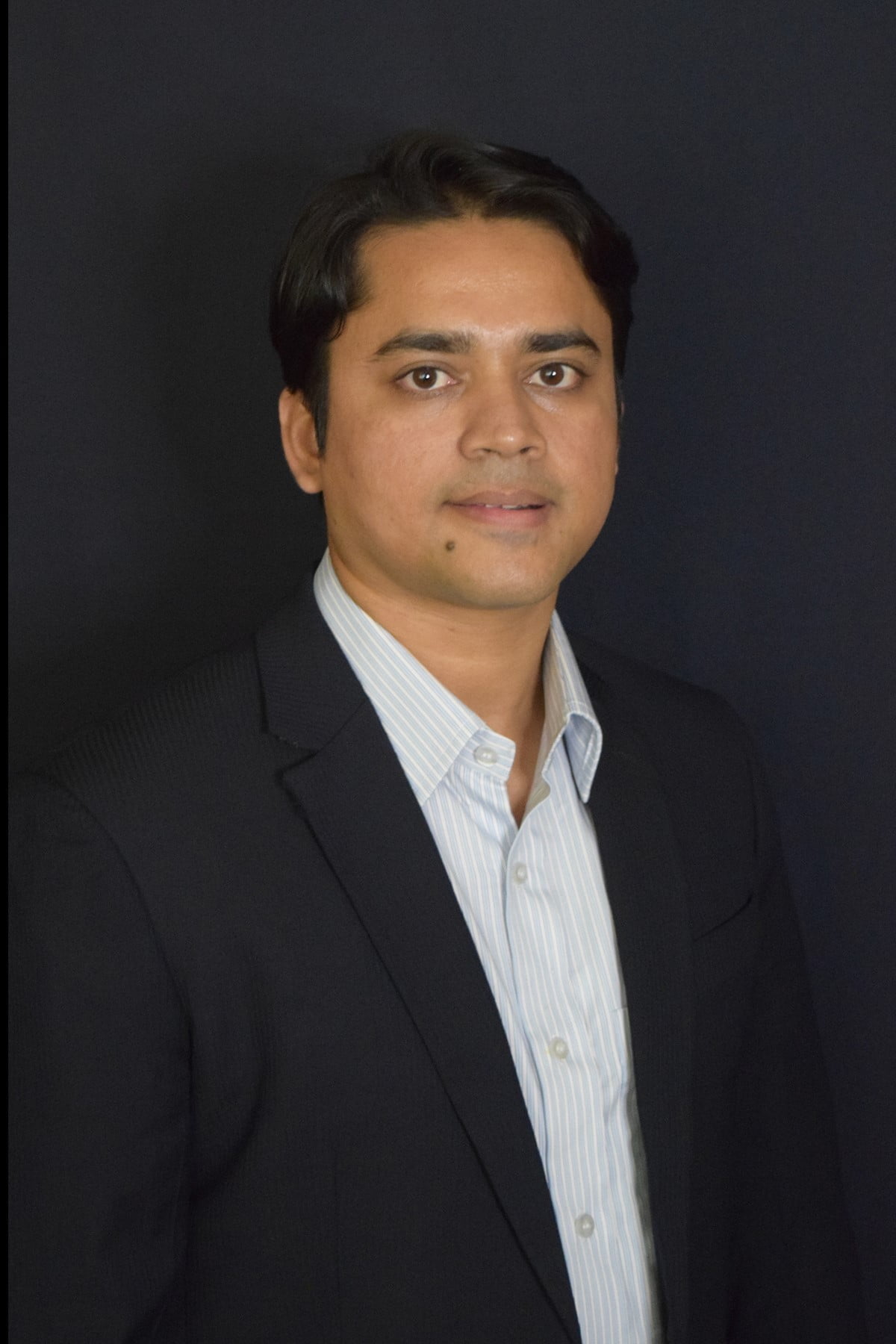
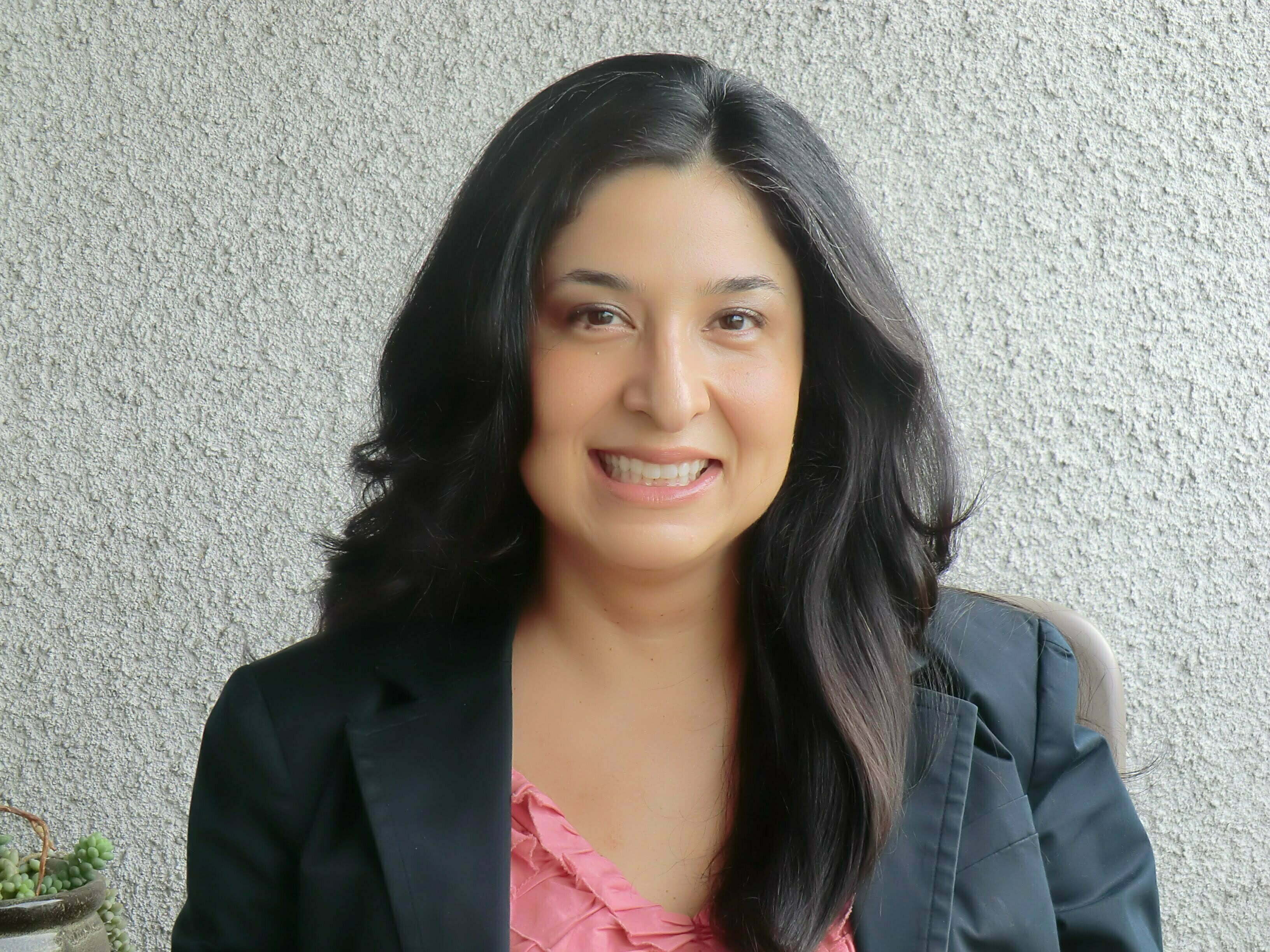
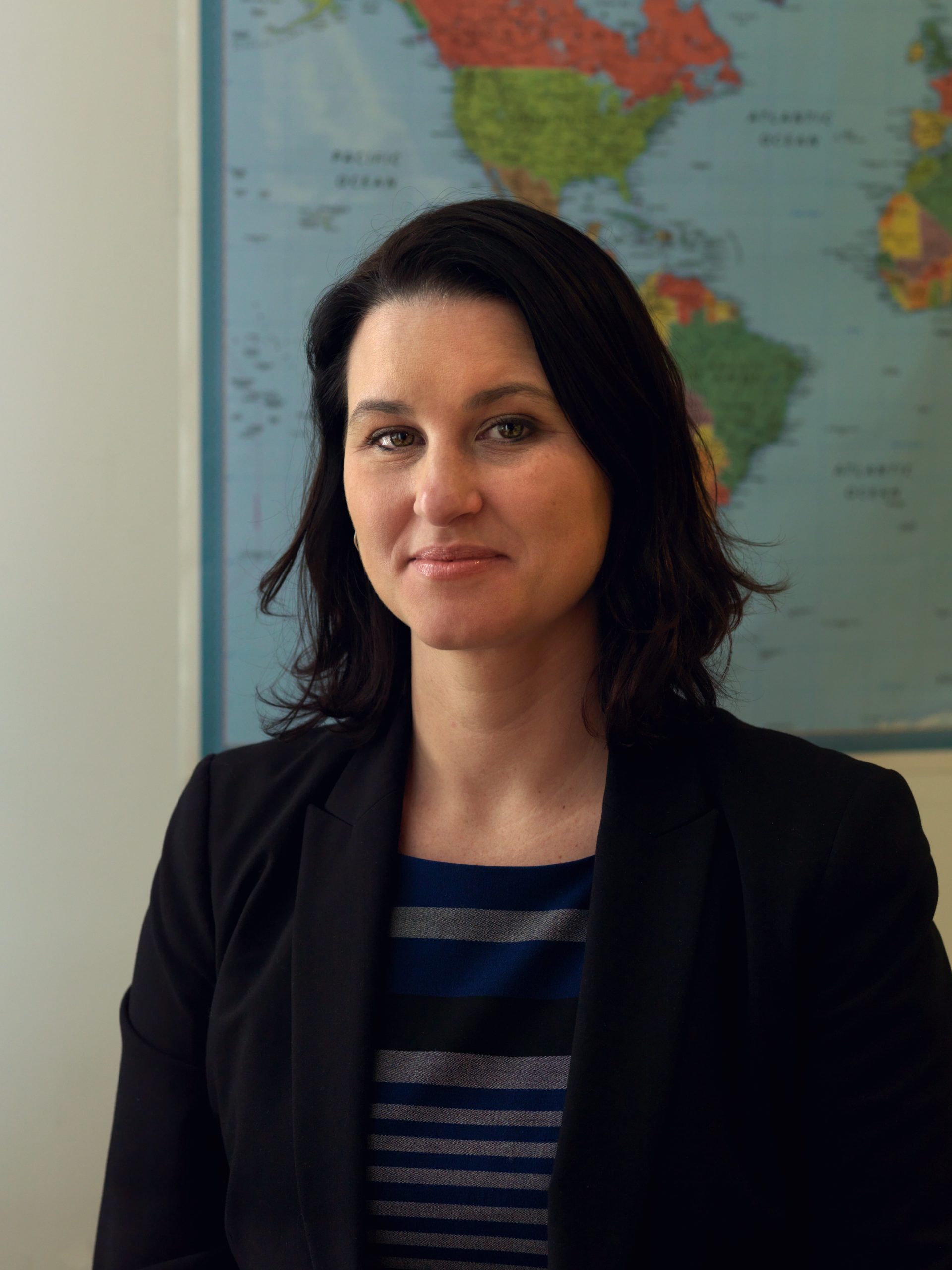
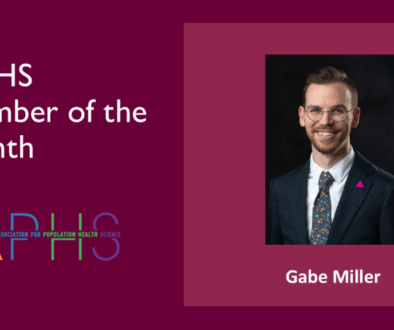
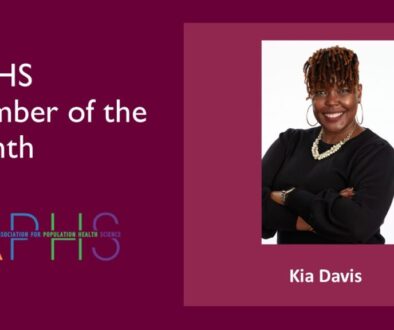

All comments will be reviewed and posted if substantive and of general interest to IAPHS readers.